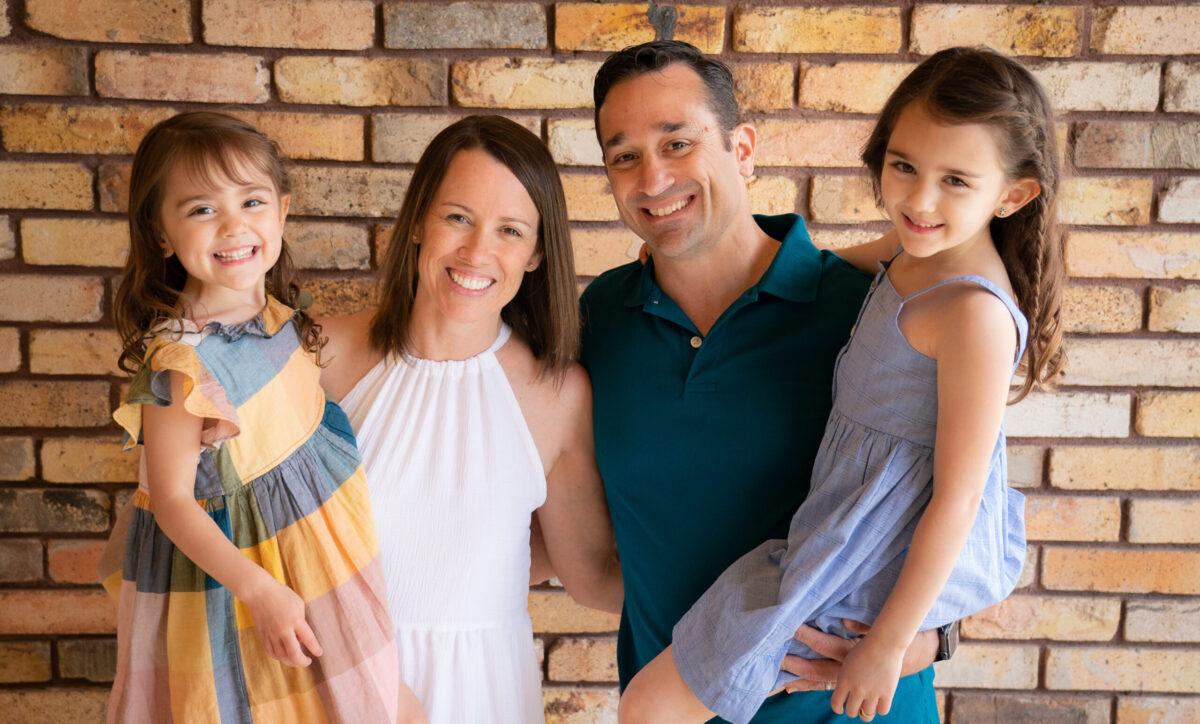Over the past year, I don’t think many of us have woke up in the morning or reflected on our day thinking about playfulness. It’s been so heavy. After spending some time recharging over the holidays, I had planned to publish this blog during the first week of January. But then like many of us, I became consumed and disheartened by the events at our Capitol. Touting the insights about playfulness didn’t feel right. I didn’t feel right.
However, I was reminded of how important playfulness and humor are to my day-to-day relationships and the impact they have on my daily attitude and psyche. How they help me be an energy giver rather than an energy vampire. How the littlest bit of playfulness can shift my attitude, even if it is just the latest Bernie Sanders mittens meme.
So I thought I would share a few insights around using playfulness. To lighten up in order to take it easy on ourselves, live in the moment, increase connection with others, and building stronger culture in our organizations.
Remembering Rule #6
Being playful doesn’t mean you don’t take your work, your passion, or any of the things that are important seriously. It also doesn’t mean that you are not working hard to achieve your goals. It doesn’t mean you lack empathy and don’t care about others. It doesn’t mean you don’t want positive change around our greatest social issues.
I recently spoke to a non-profit group on ‘my journey to being a contribution’ and mentioned rule #6. It’s from one of my favorite leadership books, The Art of Possibility. Rule #6 is simple… Don’t take yourself so damn seriously. It really resonated with the group and during the Q&A, I was asked for tips on how I keep from taking myself too seriously (I know, right!). In the end, I think my response could be summarized that it comes down to bringing in playfulness in how I interact with family, friends, and colleagues.
Playfulness Keeps You Present

Playfulness is a great way to focus on the here and now and stay present for day-to-day moments. If you don’t’ believe me, follow a 4-year-old around for a day. They see the world in the way that it was meant to be seen. They recognize playfulness and can’t get enough of it. They are focused on what’s immediately in front of them and tuned into what gets a positive reaction. Kids can recognize our awkwardness, know what’s worth giggling about, and still know how to celebrate the simplest wins. They aren’t worried about the things they are doing tomorrow and are in the moment.
A few laughs with a witty friend helps let your guard down a bit and you can refocus your energy on what really matters. It’s almost like you purge yourself of the things that were nagging at you and that you were probably overexaggerating anyway. Playfulness also generates small talk and like my friend Derrick says, “if you can’t talk about the small things, you can’t talk about the big things”.
Playfulness Creates Connection

Playful moments accelerate connection with others and help us to build rapport quickly and effectively. Sharing a smile is one of the most important communication tools we have as humans.
Even in times of social distancing, group texts, WhatsApp threads, and phone calls with friends and family can be full of dad jokes, inside jokes, and sarcastic banter. These simple communications go a long way for those that may be living alone or a long way from home. My friend Will recently said our thread has kept him going during this long pandemic. “Living alone is tough, and by nature, I tend to hibernate when stressed. Having y’all a few clicks of a keyboard away has really helped”.
Playfulness also doesn’t have to be a big production. Maybe it’s just watching your dog enjoy some time in the snow. Maybe it’s sharing your grandfathers’ favorite joke. Maybe it is reviving a story that shaped your identity with an old friend. Maybe it’s trying improv with a group of strangers (BTW, I highly recommended this one). Maybe it’s spending the time doing that one funny face and voice again for your kids that they can’t get enough of. Sharing a laugh with someone is priceless.
Playfulness Impacts Culture
When professional athletes retire, many of them say that they miss the time with teammates in the locker room and the dinners on the road trips more than the sport itself. Those were the times filled with playfulness, connection, and where they and established trust and friendship with each other. Most of us spend 8-10 hours a day with our colleagues at work, shouldn’t it be fun?
When leaders bring playfulness into the organizational environment it brings positivity. Employees feel there is space to form connections with each other. Playfulness brings out authenticity and helps make feel leaders are accessible (and human). It also contributes to releasing the pressure that can build in an environment and make it feels safer to take risks and show individuality. That organization maybe your own family.
Can’t think of where to bring more playfulness into your day? Just remember rule #6.








